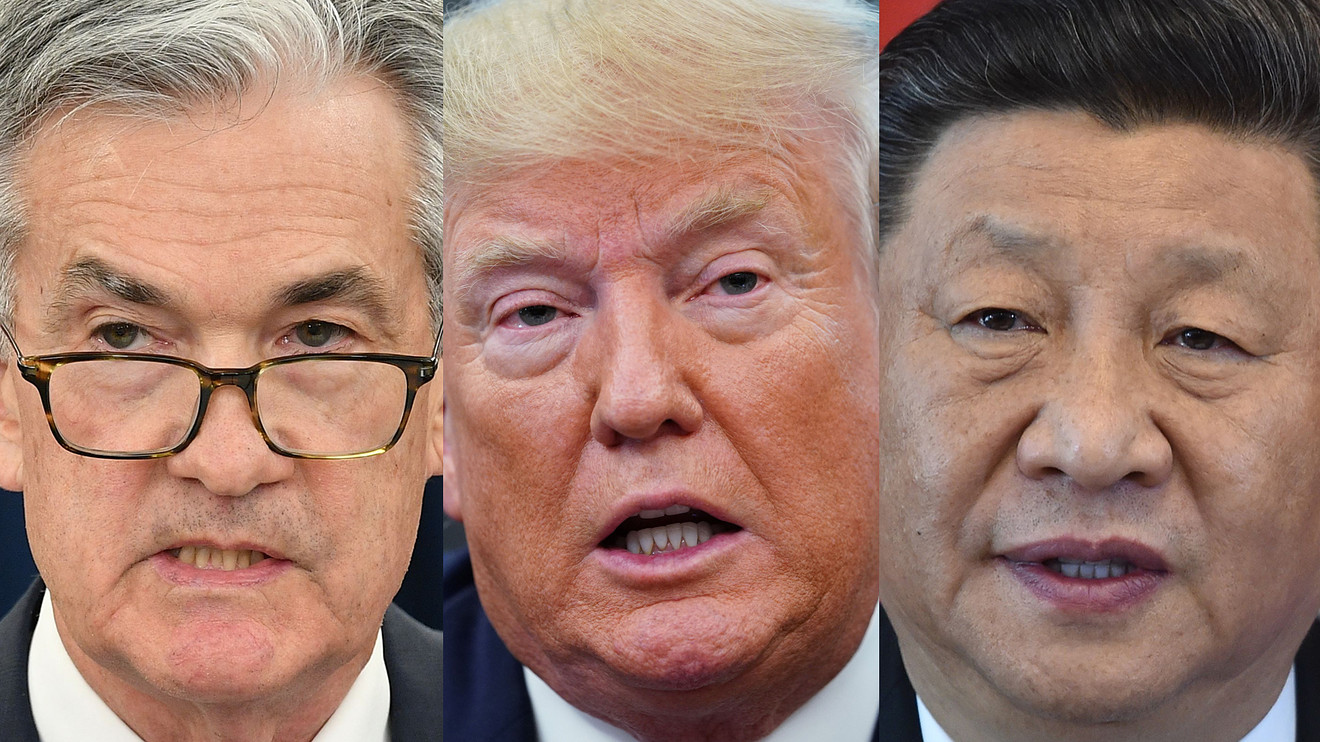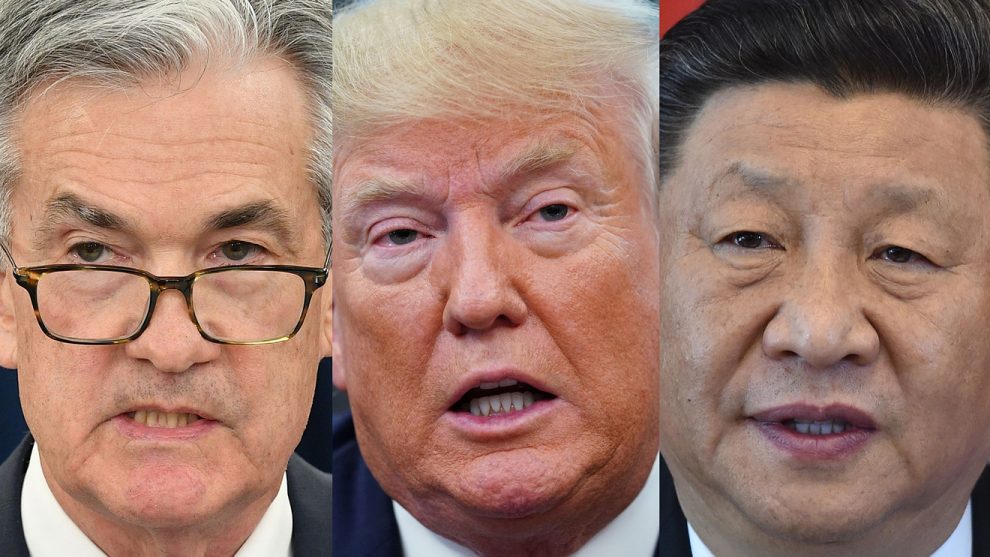
A new high for the U.S. stock market before a trade deal with China is completed was a surprise, even though we had another “90% done” quote from the Trump administration this week.
The moral here is never to underestimate the ability of the Twitter account of the U.S. president to create a short squeeze in stocks, particularly if the Federal Reserve has already more or less promised that a July federal funds rate cut is coming.
Despite the weakening of manufacturing indexes in the U.S. to 10-year lows, it is rather telling that if one were to compare the largest junk bond ETF by assets, the iShares IBoxx $ High Yield Corporate Bond ETF HYG, -0.05% with the largest stock ETF, the SPDR S&P 500 SPDR SPY, -0.10% one would see similar strong performance. (Using the SPY ETF instead of the S&P 500 Index SPX, -0.12% compares both investments on a total-return basis, as SPY also includes dividends.)
What’s more telling is that junk bonds have been leading the stock market all year. They were taken down after the stock market started selling off in the fourth quarter. They bottomed out and made a fresh 52-week all-time high (on a total return basis) in 2019 before the stock market, leading up to the May 5 tariff tweet, which sent stocks temporarily down. About a week ago, they made fresh all-time highs before the S&P 500 did (see chart).
If the U.S. economy were that weak, junk bonds would not be that strong — the recent sharp downturn in manufacturing indexes notwithstanding. There is a tendency for major tax cuts to have a second-leg effect, after the initial sugar highs blow over (that is already behind us). Following the 2003 Bush tax cut, there was a surge in economic activity, a pause in early 2004 and a renewed acceleration of the economy in late 2004. Could it be that junk bonds, and the stock market for that matter, are seeing through the soft patch and looking forward to that second-leg effect of the major Trump tax cut? Yes, it sure could, but it would definitely help if we could get the Chinese trade deal out of the way.
That is, as they say, “a very big if,” because of the high likelihood of the Chinese not having negotiated in good faith before the infamous May 5th tariff tweet. A lot is riding on this week’s Trump-Xi meeting. For a trade deal to happen, that means the Chinese were merely testing Trump by moving the goal posts in the 11th hour to see what they could get away with. (For more, see “China has a silver bullet in its trade-war arsenal.”)
The market expects four rate cuts
The July 2020 federal funds futures, which will settle about a year from now, call for four 25-basis-point rate cuts from the Fed. If there is a trade deal with China, there may not be four federal fund rate cuts delivered as the U.S. economy very well may re-accelerate. There is still too much doom and gloom in investor sentiment because of the Chinese trade situation, which is understandable, as a full-blown trade war can create a recession both here and in China. The doom-and-gloom investor attitudes have been supported by sharply weakening manufacturing indexes and other economic data in the U.S. of late. We are not yet in recession territory, but a 10-year low in U.S. Manufacturing PMI is rather telling. This is why 10-year Treasury yields dipped below 2% in the past month.
When the recession comes, and when (or if) the Chinese decide to devalue the yuan, the 10-year Treasury yield is likely headed below 1%, similar to what many government bond markets in Europe and Japan have delivered. This is because of the willingness of the Fed to go to extreme monetarist measures to support the economy and because European and Japanese negative yields are pulling Treasury yields lower.
It has to be mentioned that in my conversations with investors, most think that the next recession will be very serious — a repetition of the Great Recession of 2008. I do not believe that will be the case. The 2008 recession was manufactured in its severity, as the global banking system nearly stopped working. While certain large European banks — such as Deutsche Bank DB, +3.51% — have already taken out their 2008 stock-market lows, it is unlikely that regulators, both here and in Europe, will let a Lehman-size institution fail. (For comparison purposes, Deutsche Bank’s balance sheet is three times the size that Lehman’s was at the time it failed.)
Furthermore, it is not the failure of Lehman Brothers that caused the 2008 Great Financial Crisis. Lehman was merely a catalyst, not a cause of the crash. The same decline in the stock market would have happened, but likely over a two-year period instead of one, because of improperly designed mortgage securities that were wiping out banks’ balance sheets and the shrinkage of available credit in the system.
While there are problems with corporate indebtedness because of years of uber-low interest rates in the developed world, such 2008 shrinkage in available credit is hard to see at the moment.
Ivan Martchev is an investment strategist with institutional money manager Navellier and Associates.











Add Comment